
With more than 80% of Nigerian farmers being smallholder farmers, smallholder farmers in Nigeria are the heart of food production in Nigeria. We will be looking at uncommon facts about this unique group of farmers who hardly get little or no credit for their contribution to the agricultural sector and the Nigerian economy at large.
The term “smallholder farmers” is typically used to describe farmers who own small plots of land (in Nigeria – less than 5 acres of land) which they use to farm subsistence crops and one or two cash crops. Family members are usually involved in farming activities and labour. Smallholder farmers are primarily located in the rural areas of the country. About 70% of people living in rural areas of the country are smallholder farmers.
Here are uncommon facts about smallholder farmers in Nigeria
- They Account for 90% of Nigeria’s Agricultural Produce
- There are About 38 million Smallholder Farmers in the country
- They Practise Diversified Agriculture
- More Than 72% Live Below the Poverty Line
- Major Problems Affecting Their Profitability and Productivity
1. They Account for 90% of Nigeria’s Agricultural Produce
Despite farming on small plots of land, the collective numbers of smallholder farmers drive food production in Nigeria, they account for 90% of the agricultural produce in Nigeria. They are also responsible for about 98% of food consumed in Nigerian homes, with wheat as the only exception.
One of the major causes for inflation in food prices in the country this year is due to smallholder farmers being unable to visit their farmlands, because of the rising insecurity in the rural areas of northern Nigeria. This has reduced the level of food security, production and supply in the country.
2. There are About 38 Million Smallholder Farmers in Nigeria
There are about 38 million smallholder farmers in Nigeria (20% of the country’s population). The Minister of Agriculture and Rural Development, Audu Ogbe, in a statement at the first Unity Food Fair organised by the National Council for Women’s Society (NCWS), revealed that 70% of Nigeria smallholder farmers are women, while the rest of the 30% are males.
3. They Practise Diversified Agriculture
Contrary to preconceived notions that smallholder farmers in Nigeria focus solely on crop farming, a significant number of smallholder farmers also raise livestock. A recent study showed that about 67% of smallholder farmers surveyed grow crops as well as raise livestock. The study also revealed that more than half of the smallholder farmers raise livestock for consumption and income, while a few raise it for consumption only.
4. More Than 72% Live Below the Poverty Line
Despite the contributions of smallholder farmers to food production in Nigeria and their importance to the Nigerian economy, over 72% of them live below the poverty line of $1.9 per day.
However, smallholder farmers say they are able to provide for their family basic needs, according to this report. Their major expenses are buying groceries and paying for transport.
5. Major Problems Affecting Their Profitability and Productivity
Different studies on the constraints and problems faced by smallholder farmers in the country have revealed that lack of access to market information, poor access to credit facilities, little or no support, and high cost of farm input have been major hindrances to their profitability and productivity.

Babban Gona is making farming more profitable for smallholder farmers by providing them with training, access to high-quality farm input, credit facilities and marketing their farm produce to profitable markets. Babban Gona has reached over 200,000 smallholder farmers and increased their net incomes to twice the national average.
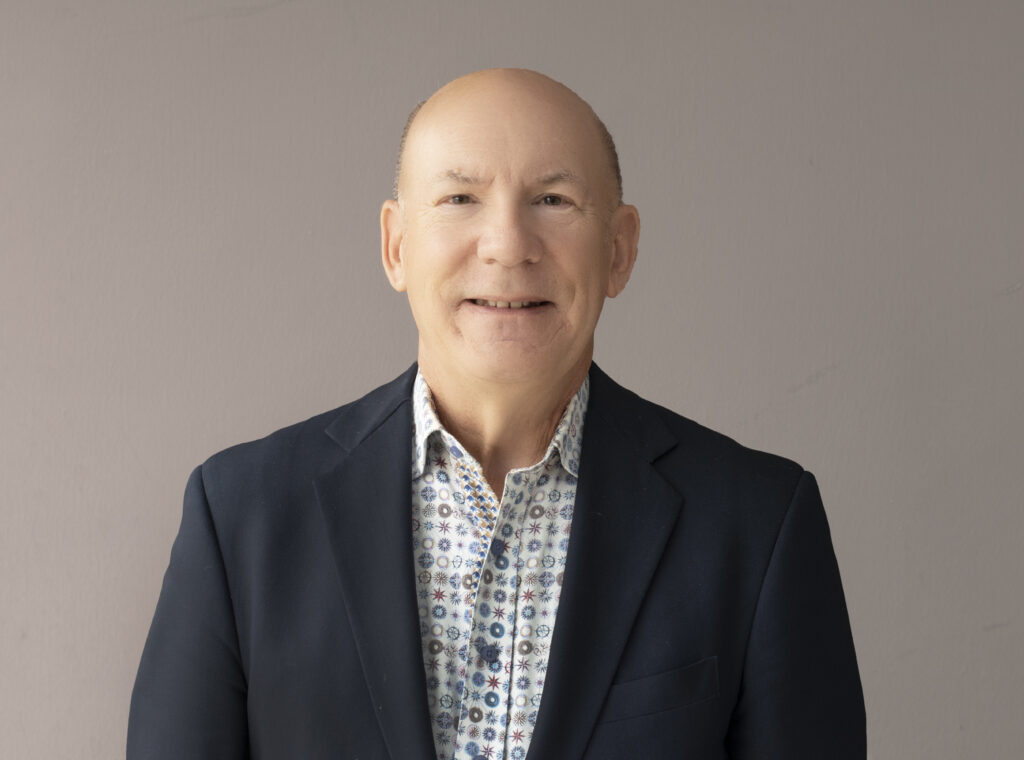
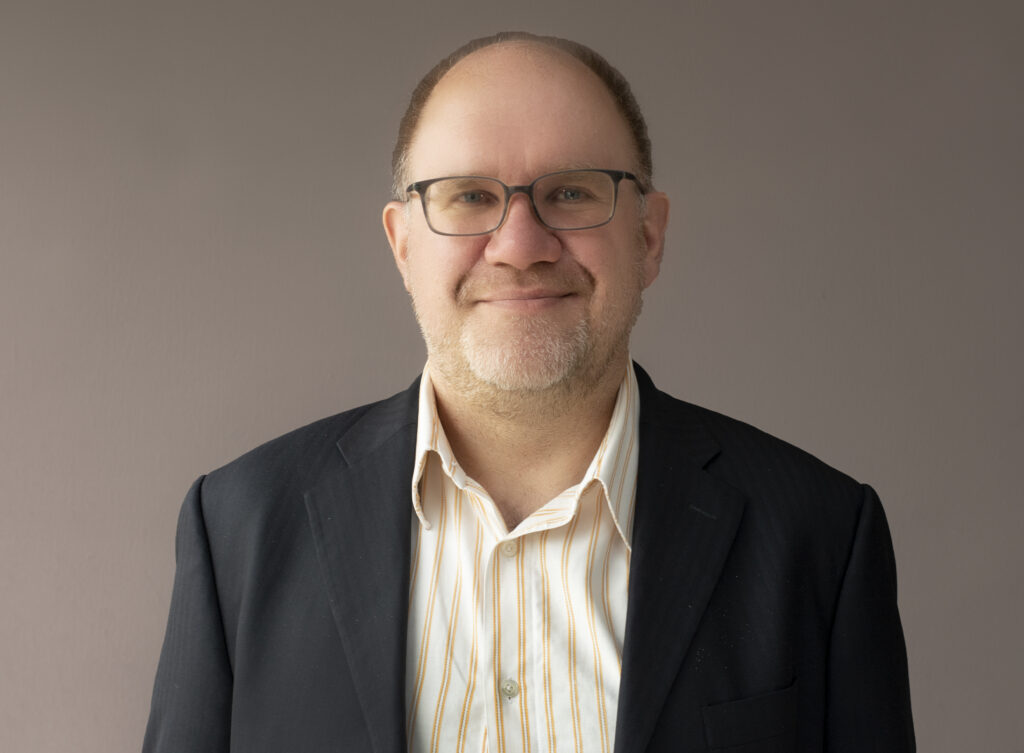
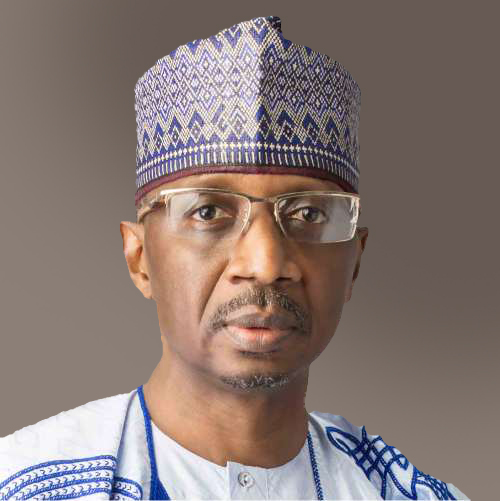
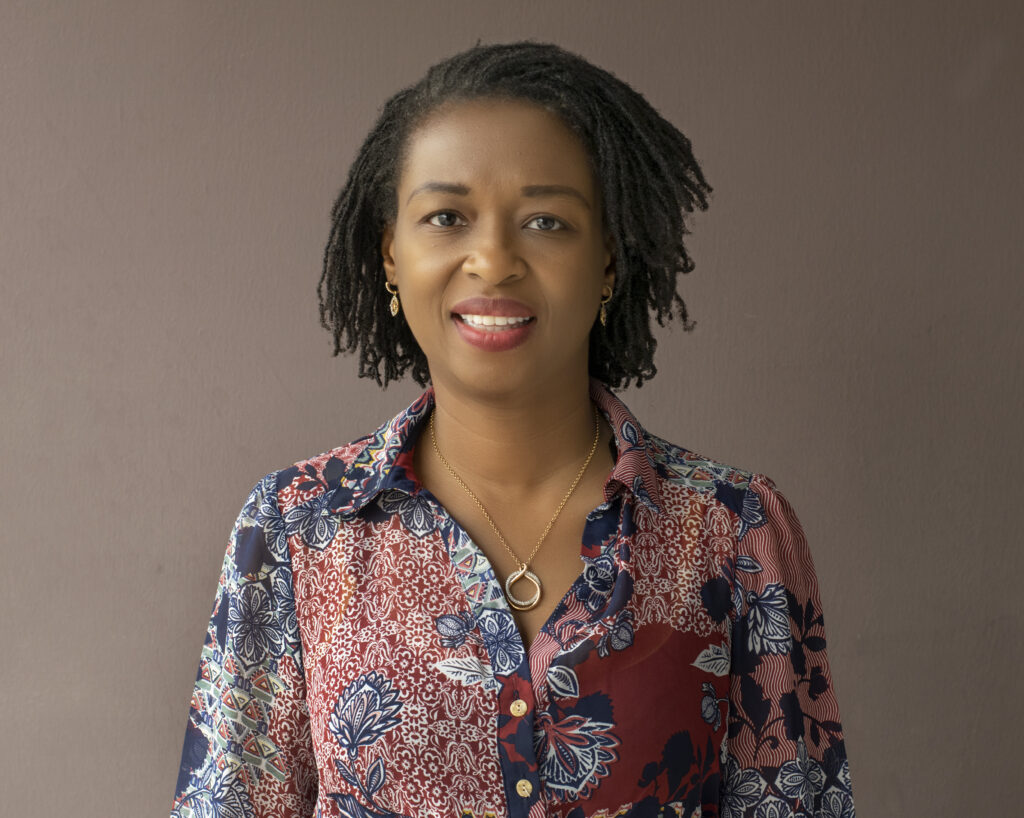
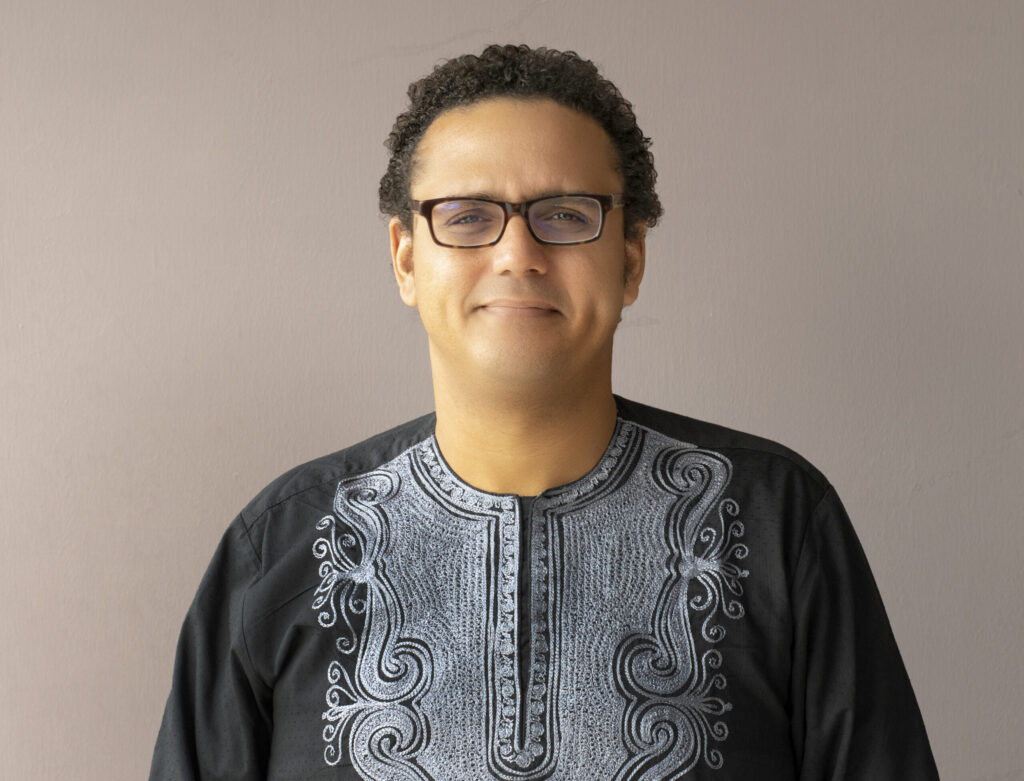
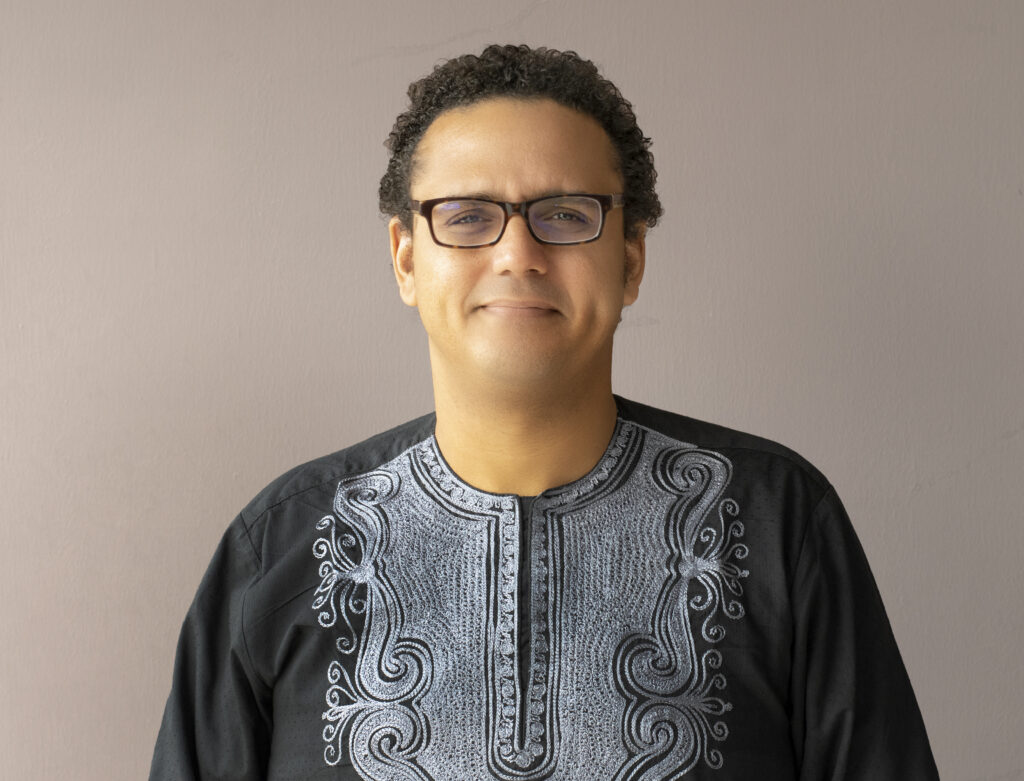
I want to be a farmer
I am encouraged by the laudable support provided to smallholder farmers, may your organisation sustain the tempo so that their productivity standard will be high.
I am impressed and encouraged by the laudable support provided to smallholder farmers, may your organisation sustain the tempo so that their productivity standard will be high.